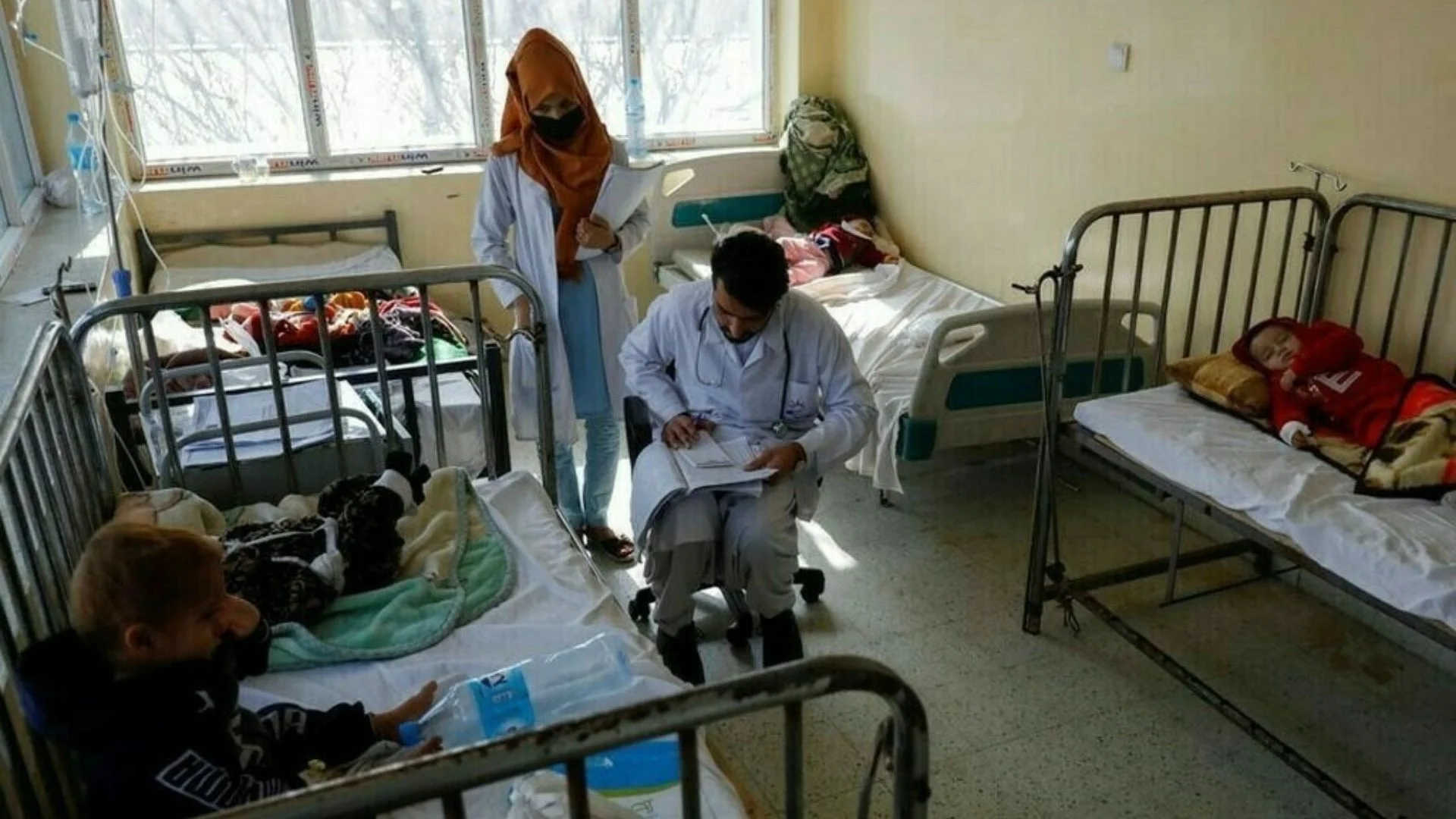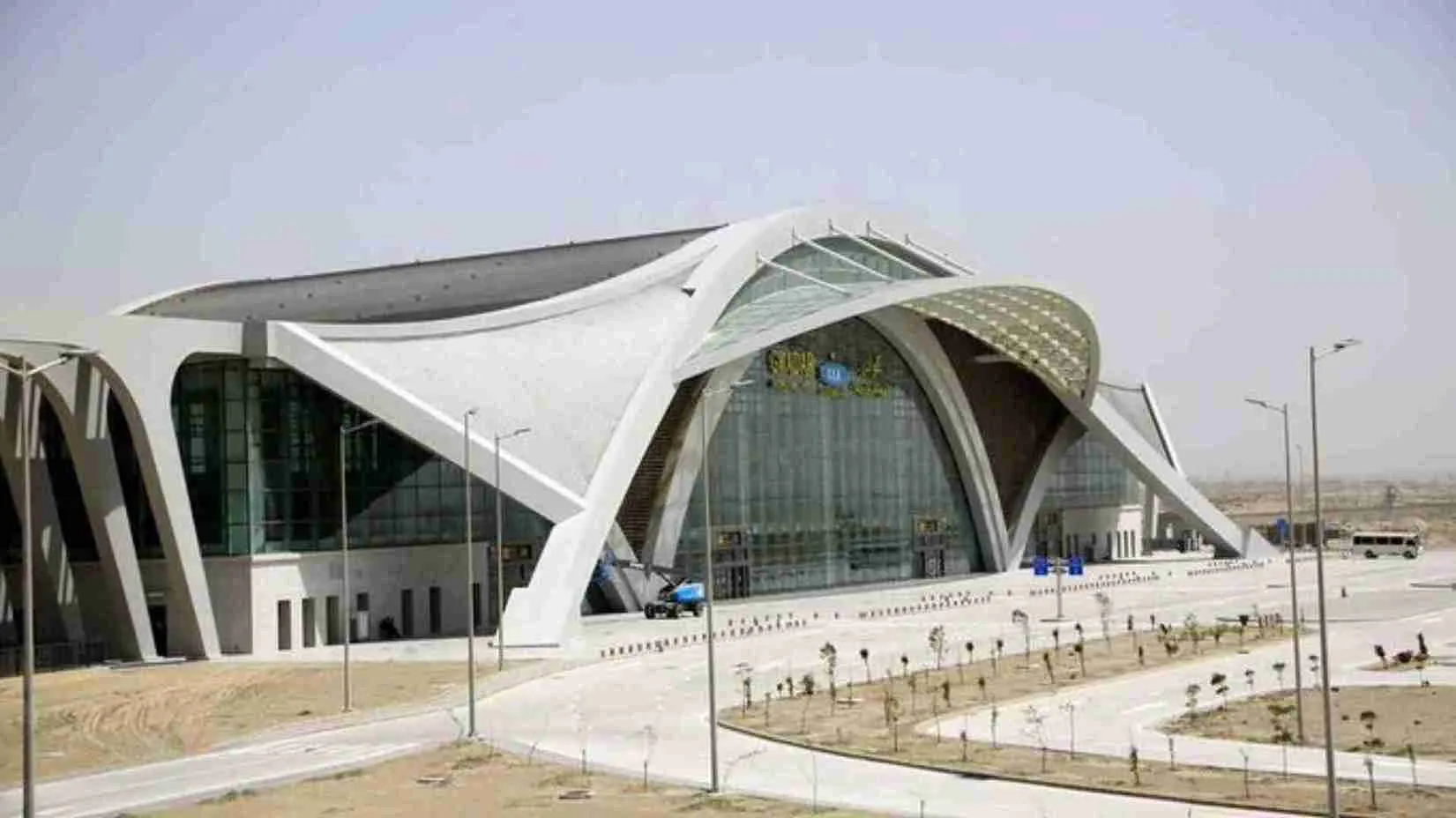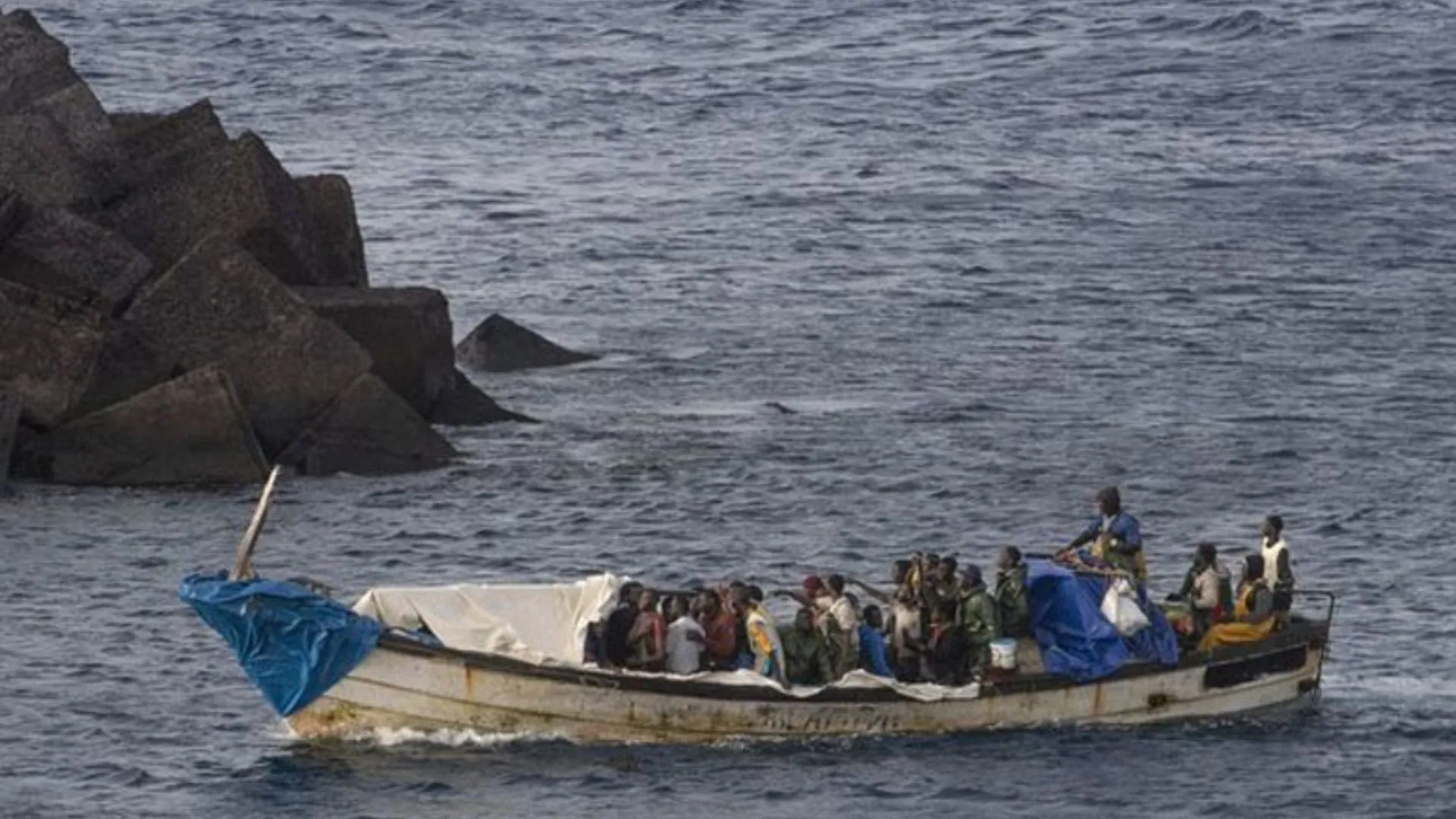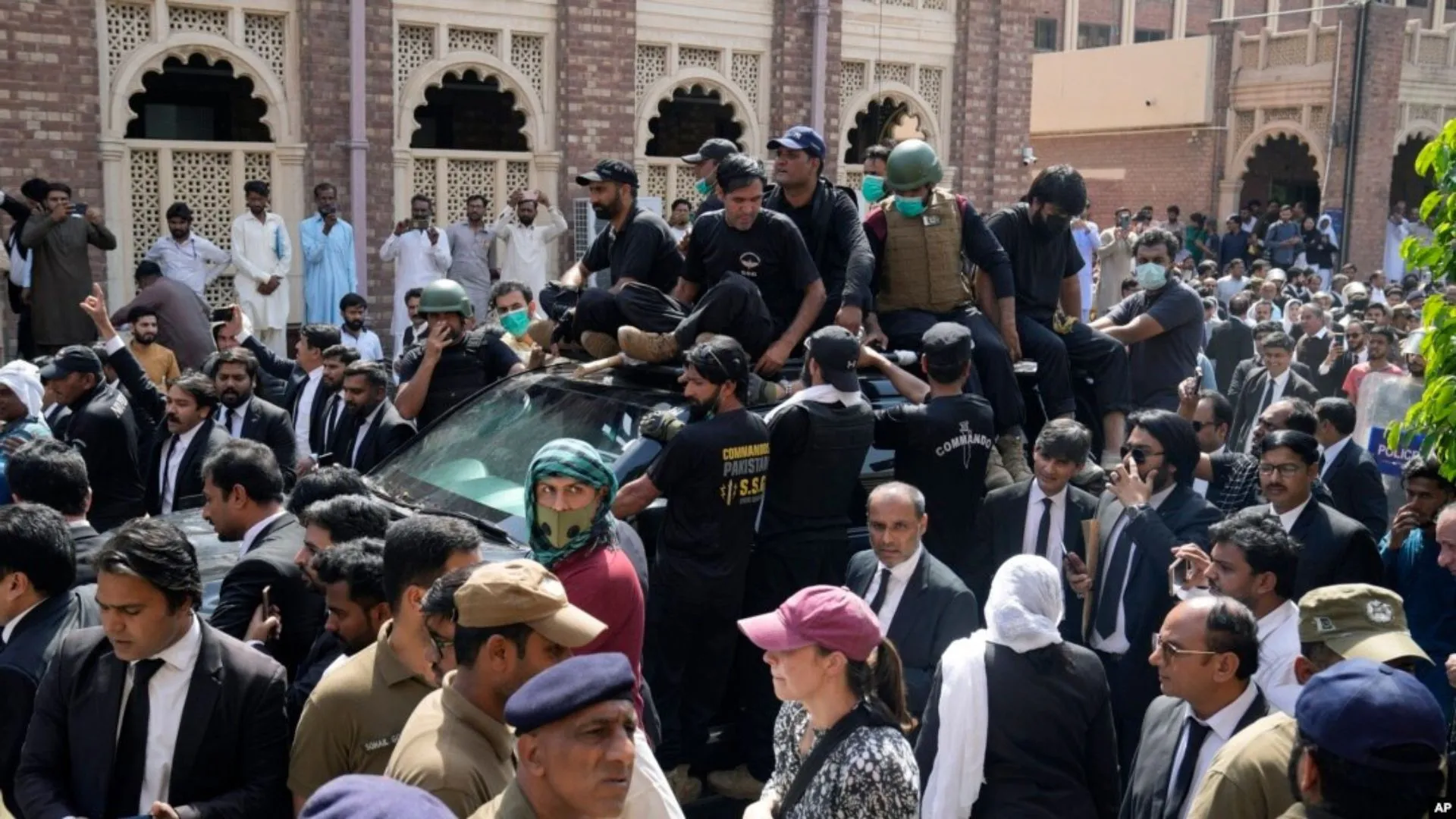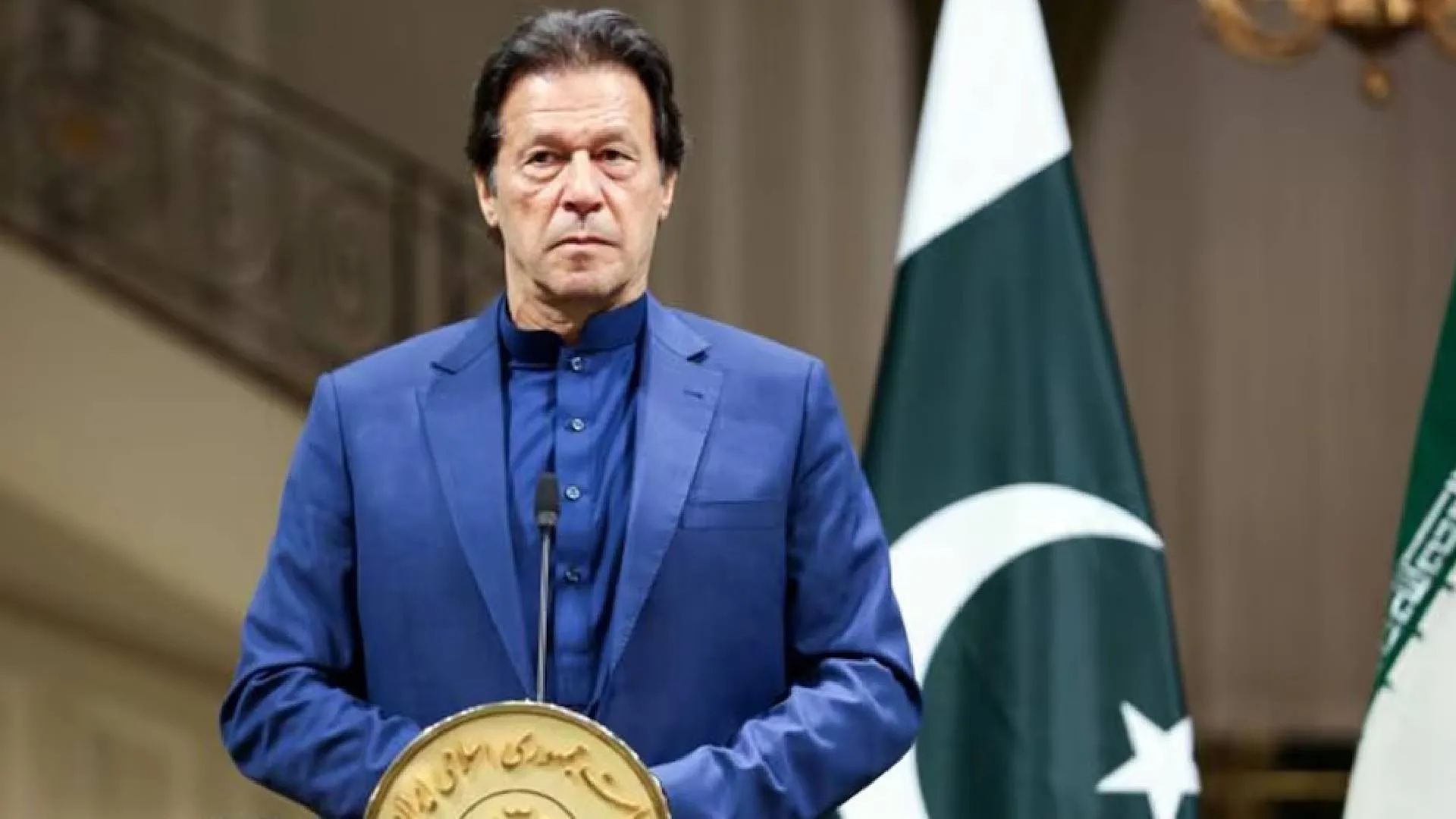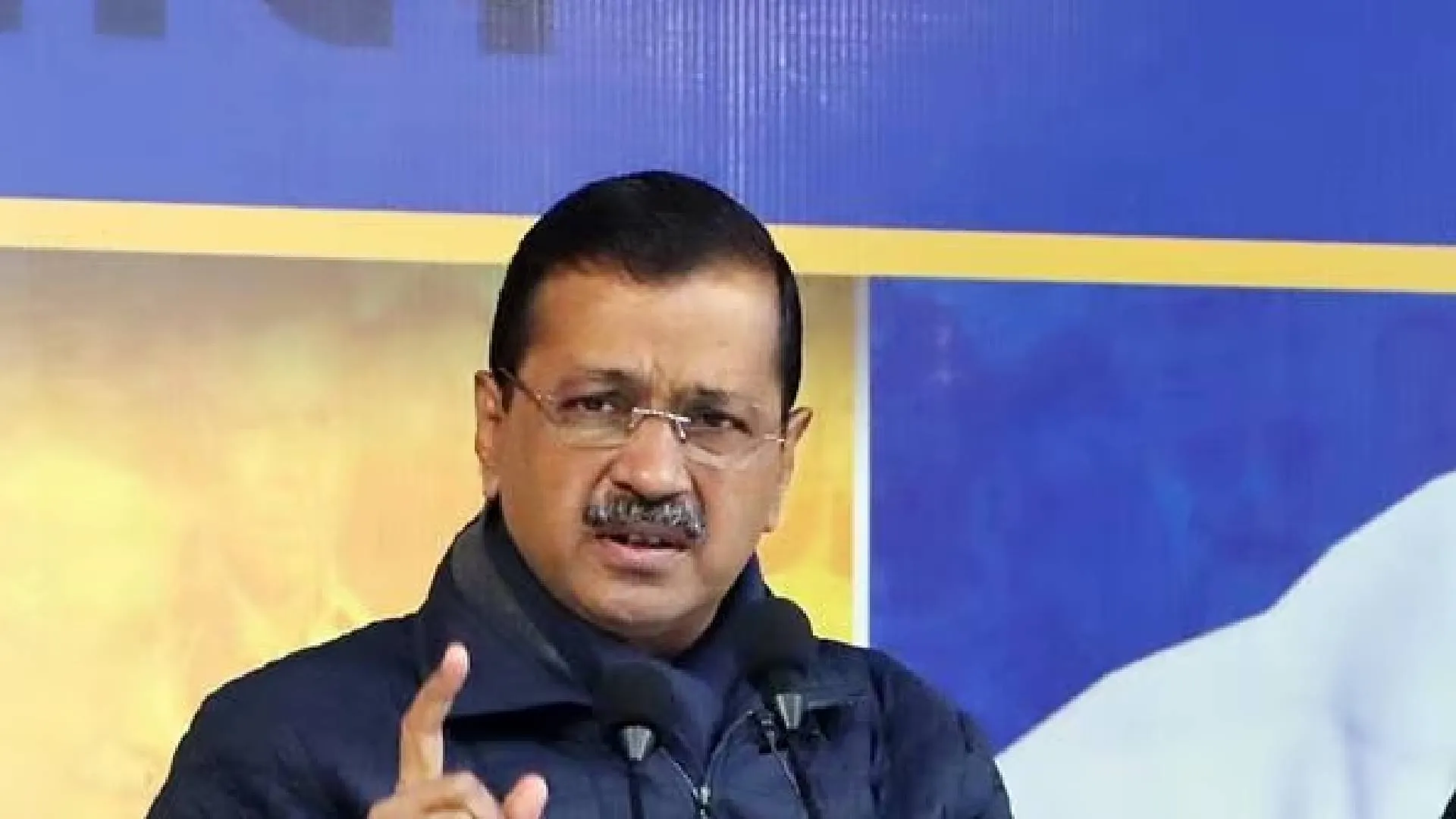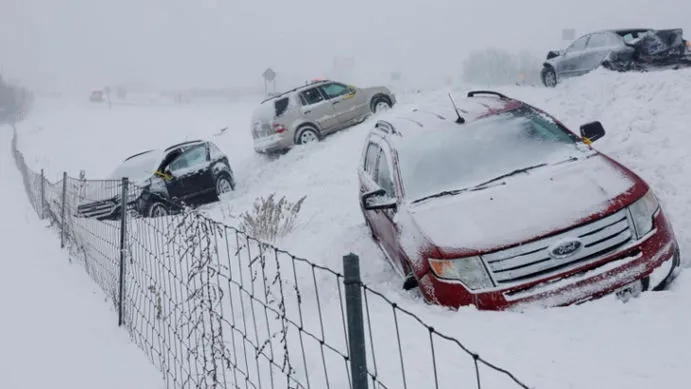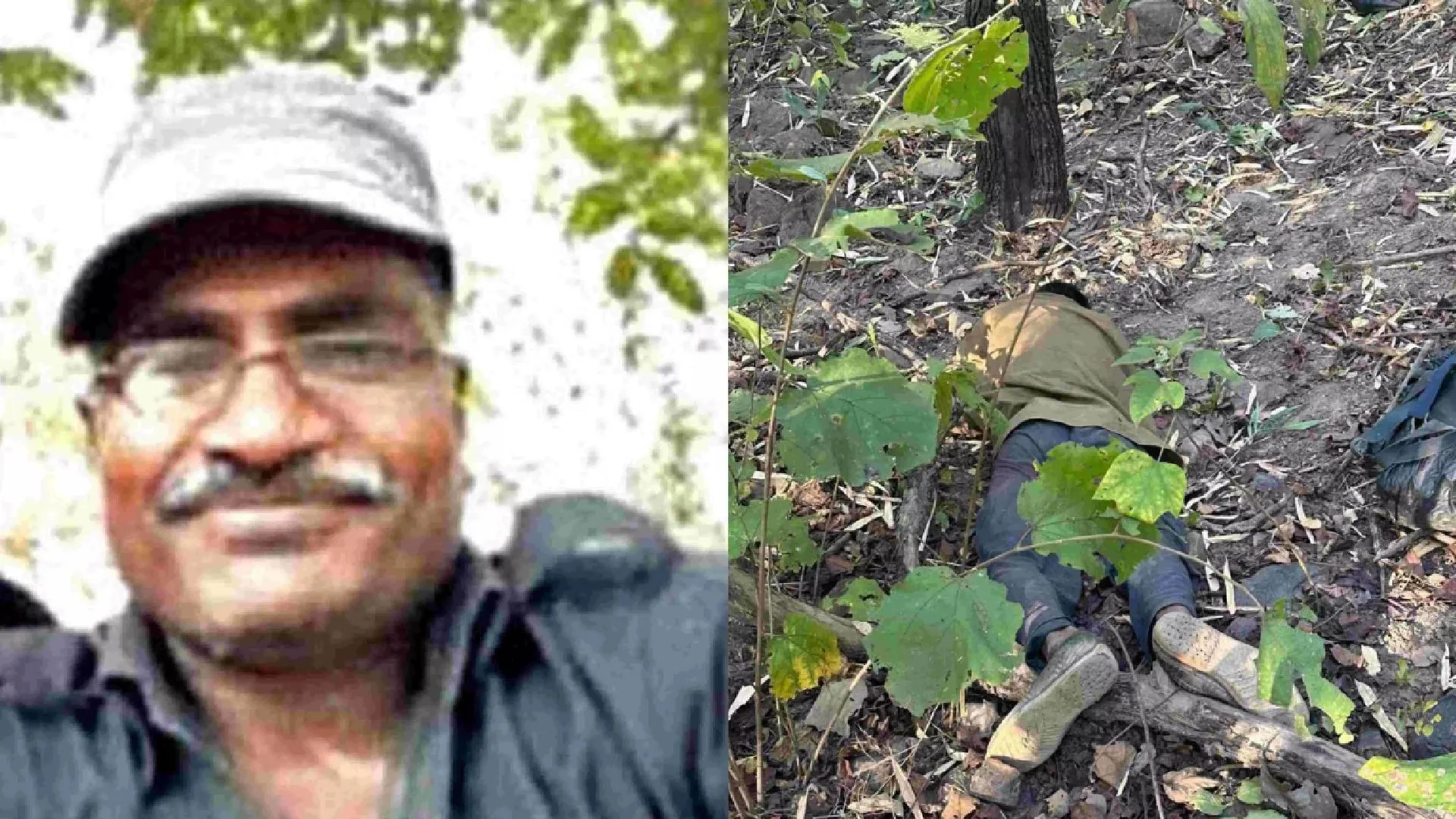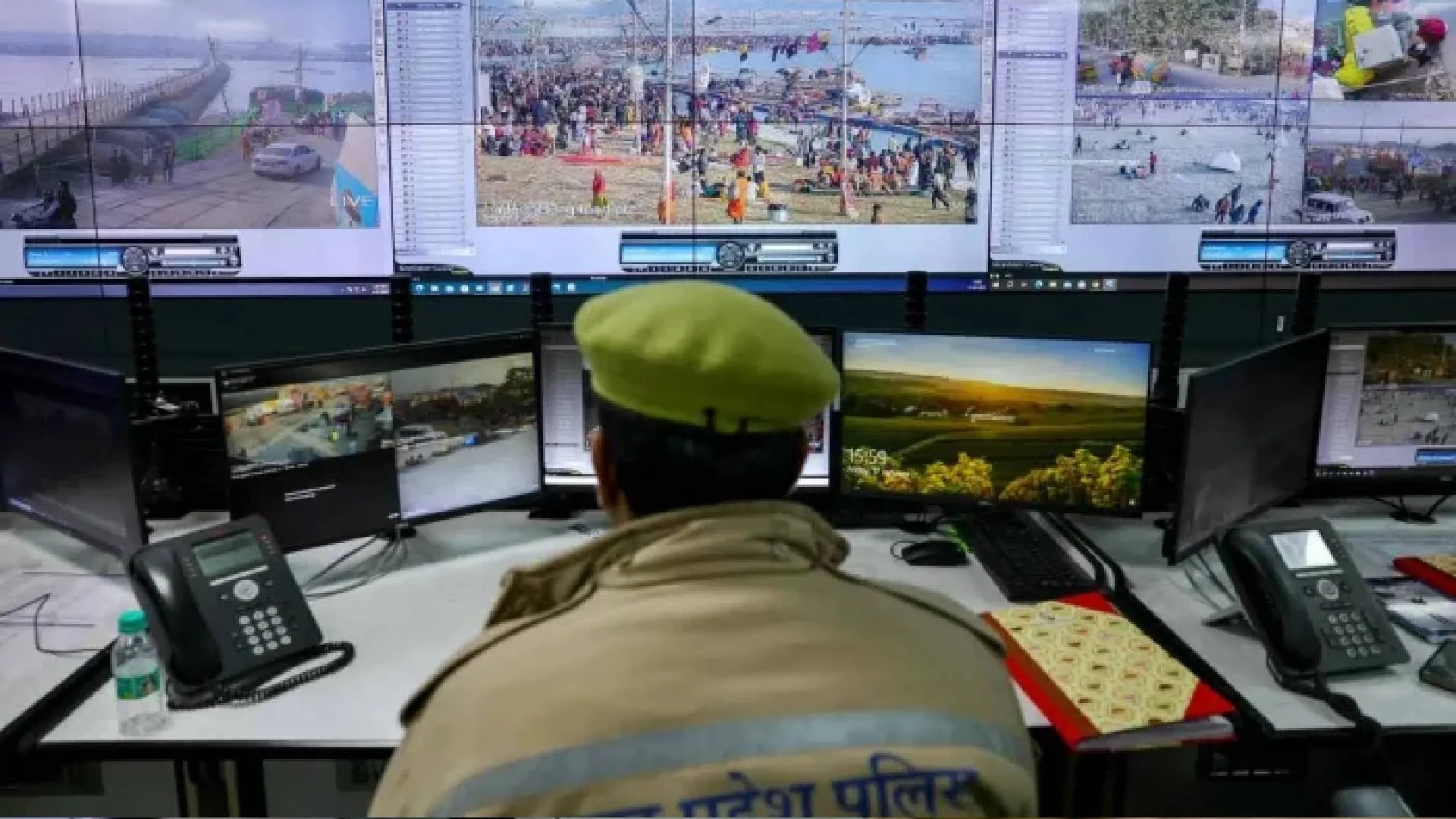At least 30 children have died in Pakistan’s Kurram district due to acute drug shortages, which have worsened with ongoing sectarian violence and regional government-imposed road closures. The conflict has a history of having originated decades ago due to longstanding tensions between Shia and Sunni Muslim communities but surged severely since July over arguments related to farmland.
The violence escalated on November 21 when gunmen attacked a convoy, killing 42 people, most of whom were Shias. The attack led to retaliatory violence, including arson and gunfire, which has killed over 130 people since October. The fear of attacks has confined many residents to their homes, further worsening access to necessities.
The provincial government of Khyber Pakhtunkhwa has closed the important roads to the district, demanding the two groups surrender heavy arms before opening the routes. This blockade has resulted in a critical shortage of food, fuel, and medicine supplies, creating a disastrous humanitarian crisis.
Syed Mir Hassan, head of Parachinar’s main hospital, said 30 children died due to medicine shortages. Residents, including 25-year-old Ahbaab Ali, expressed alarm over the dwindling supplies, accusing the provincial and federal governments of neglecting the crisis.
Philanthropist Faisal Edhi, head of the Edhi Foundation, called for urgent action, describing hospitals in Kurram as severely under-resourced, with malfunctioning equipment and depleted medicine stocks.
Security analyst Zahid Hussain said regional dynamics were behind the crisis, with the resurgence of the Pakistani Taliban and Iranian influence supporting opposing factions. He warned that the situation could spread beyond Kurram if effective governance was not implemented.
To this date, efforts at peace-making through tribal councils and negotiated truces have proved abortive. Hussain condemned this reliance on such measures as a symptom of waning state authority in the region.

